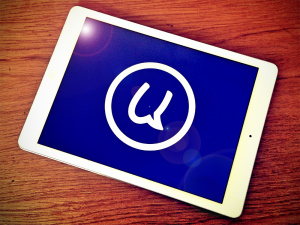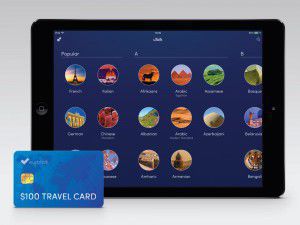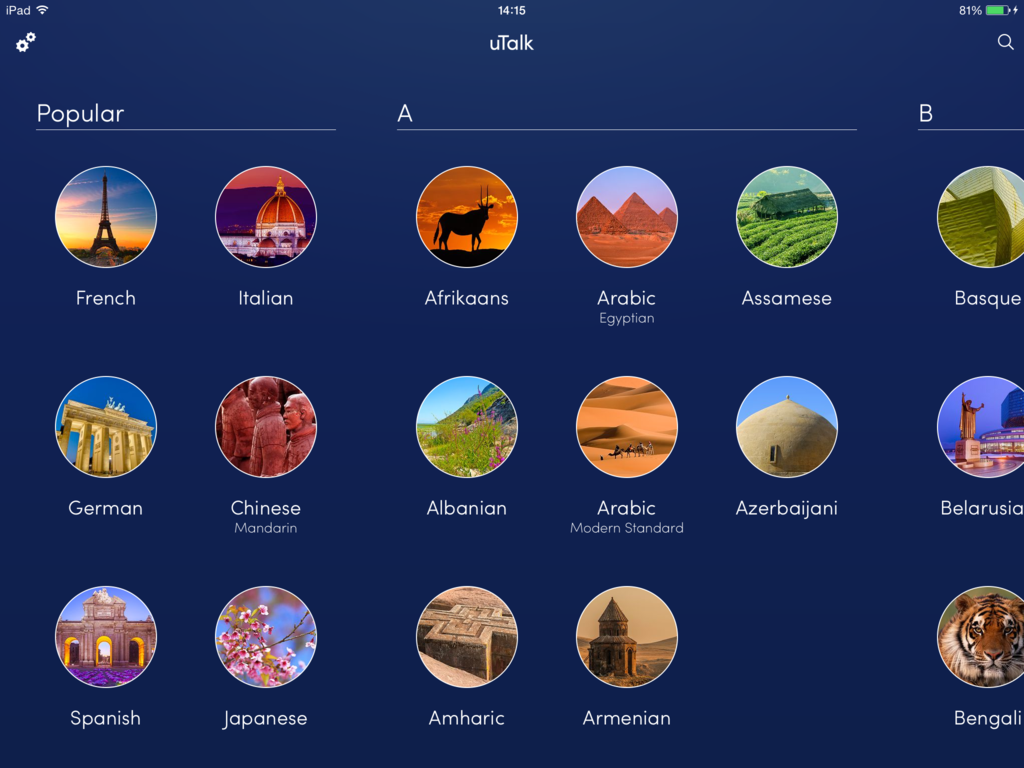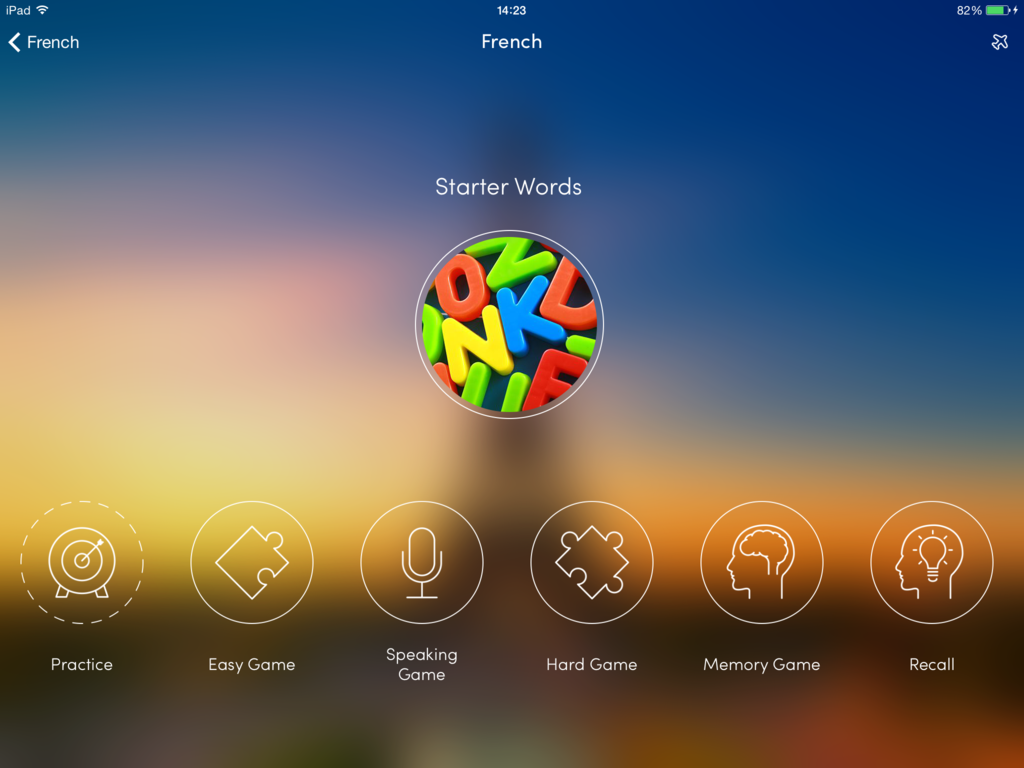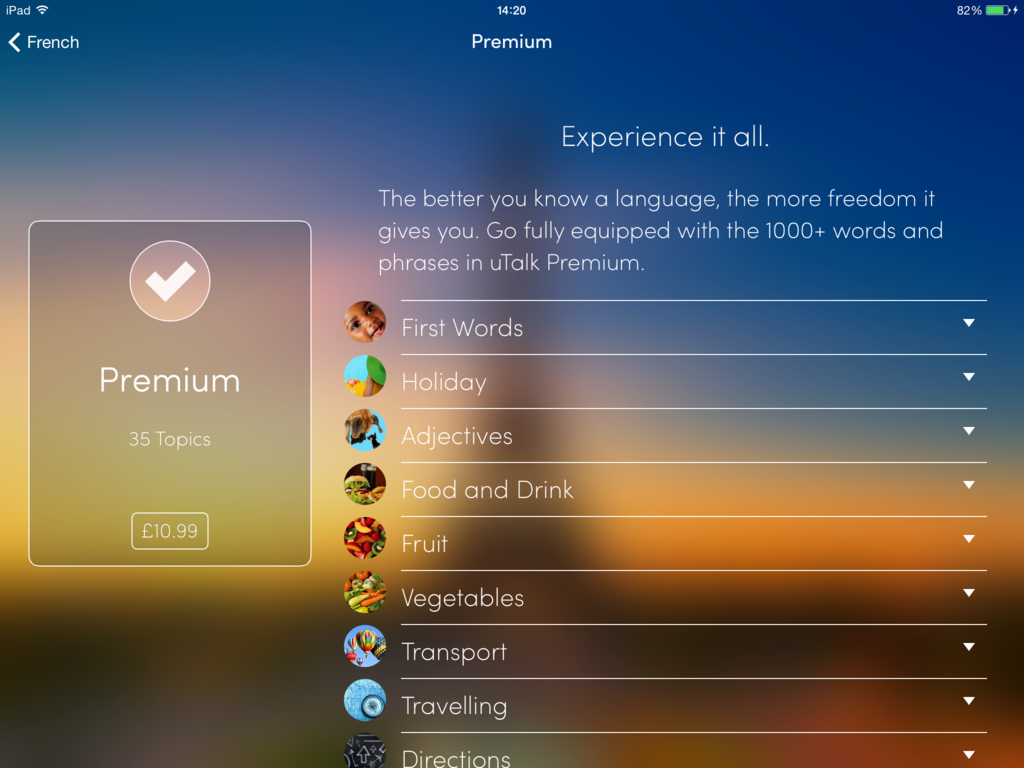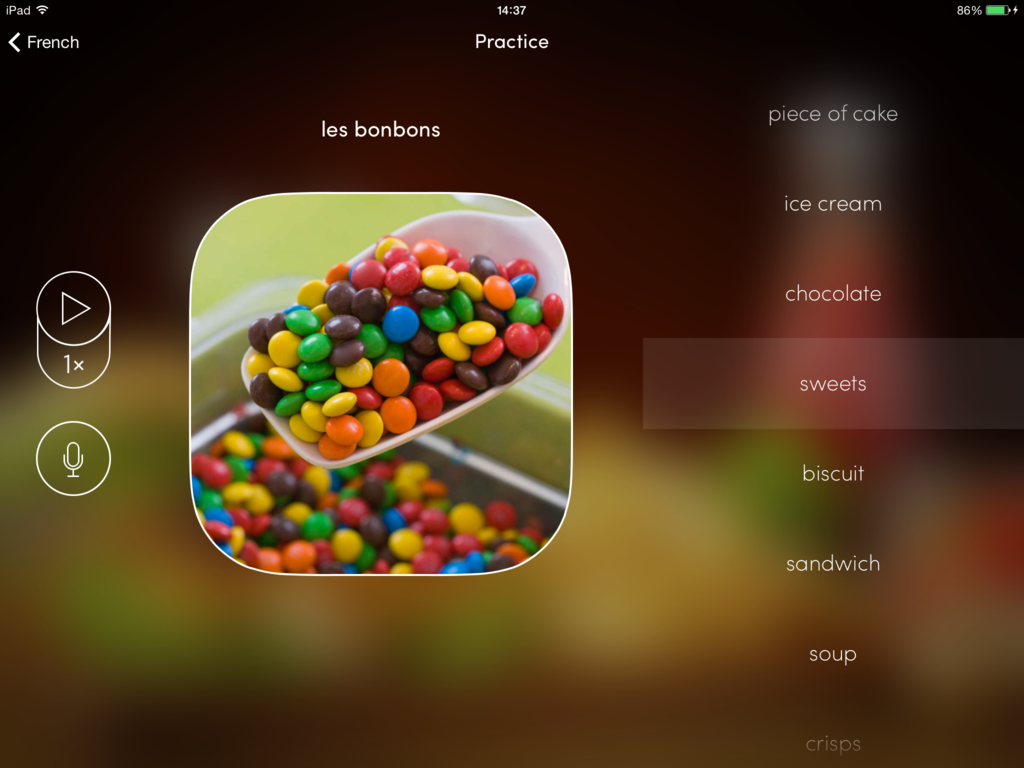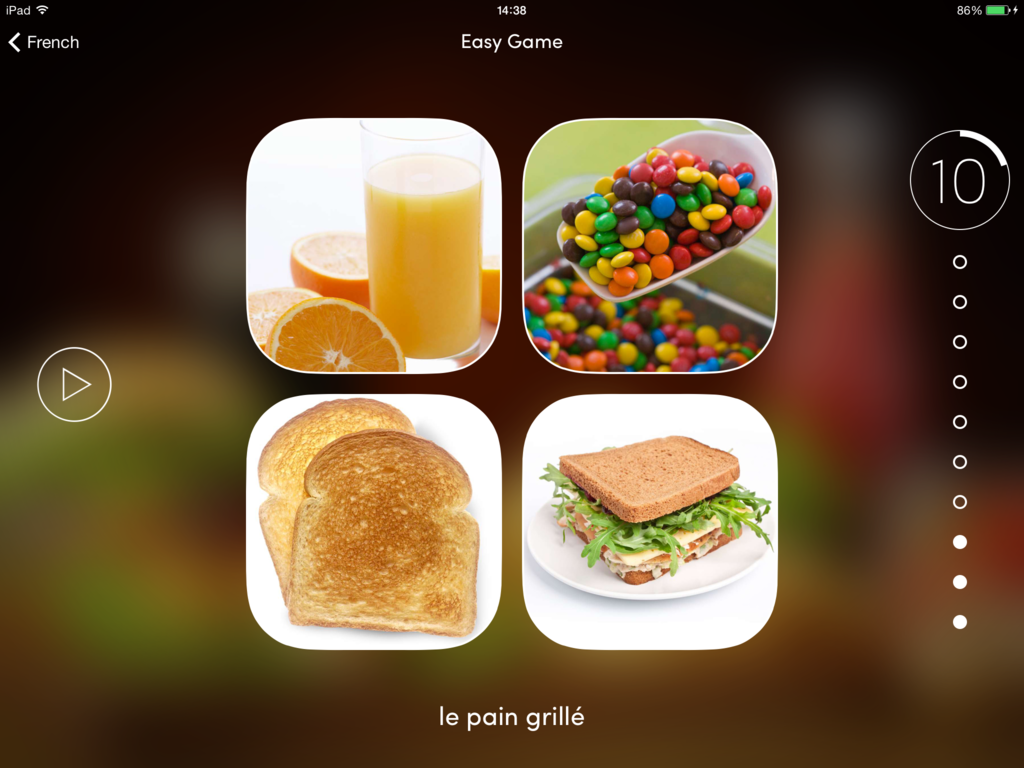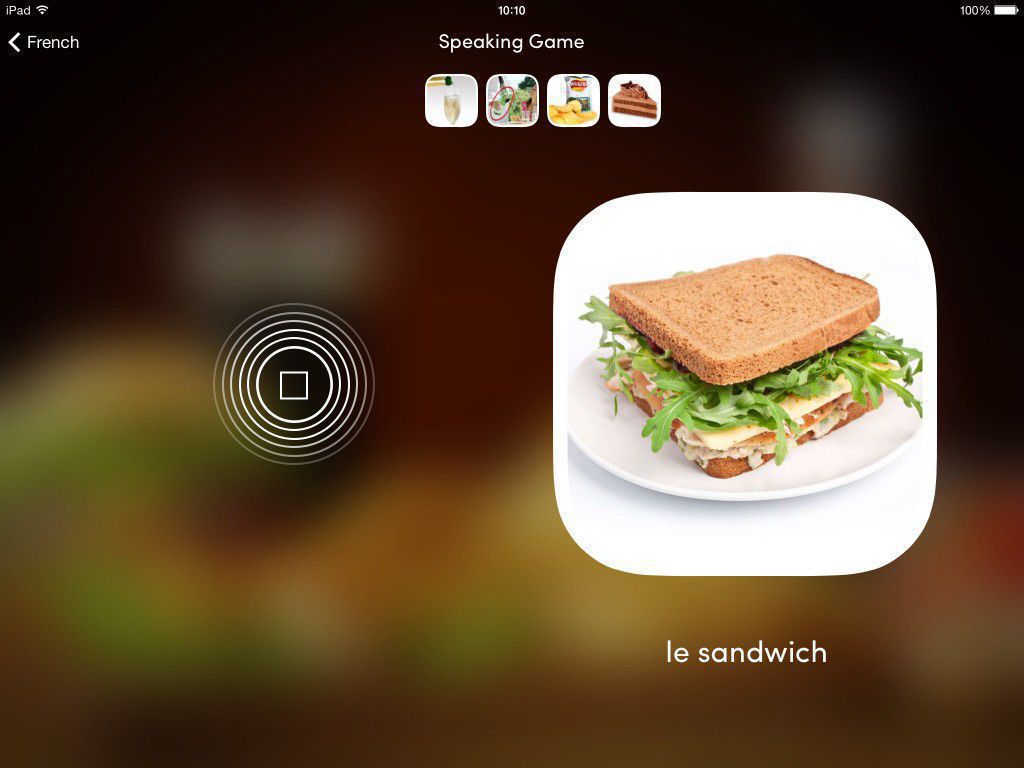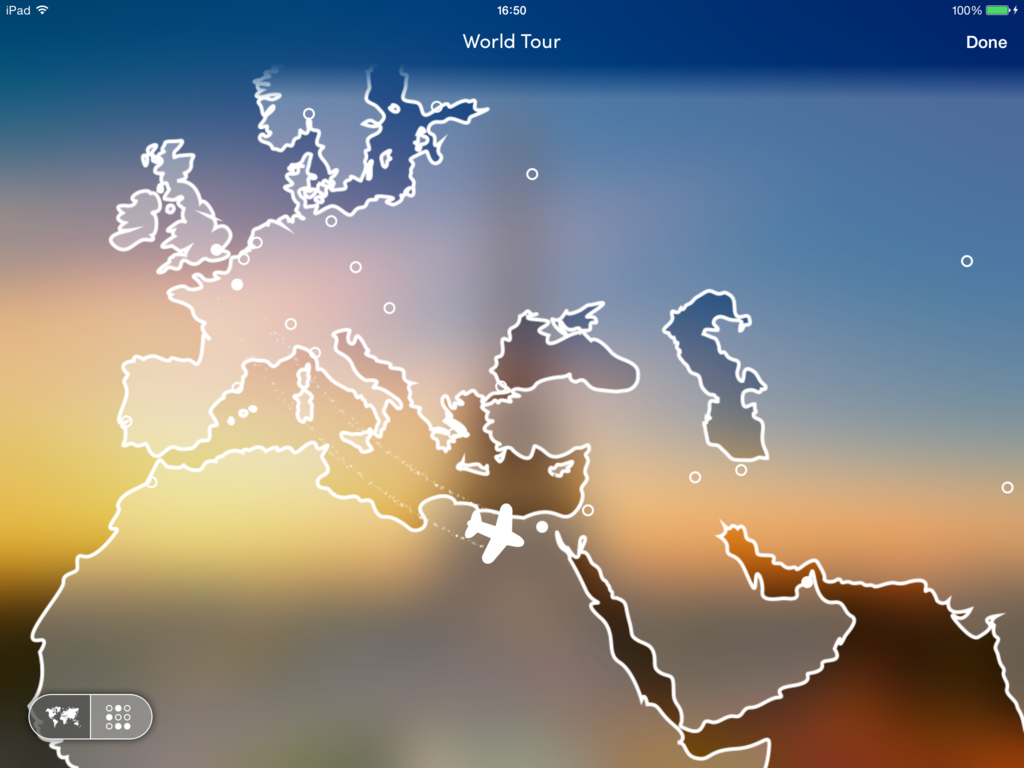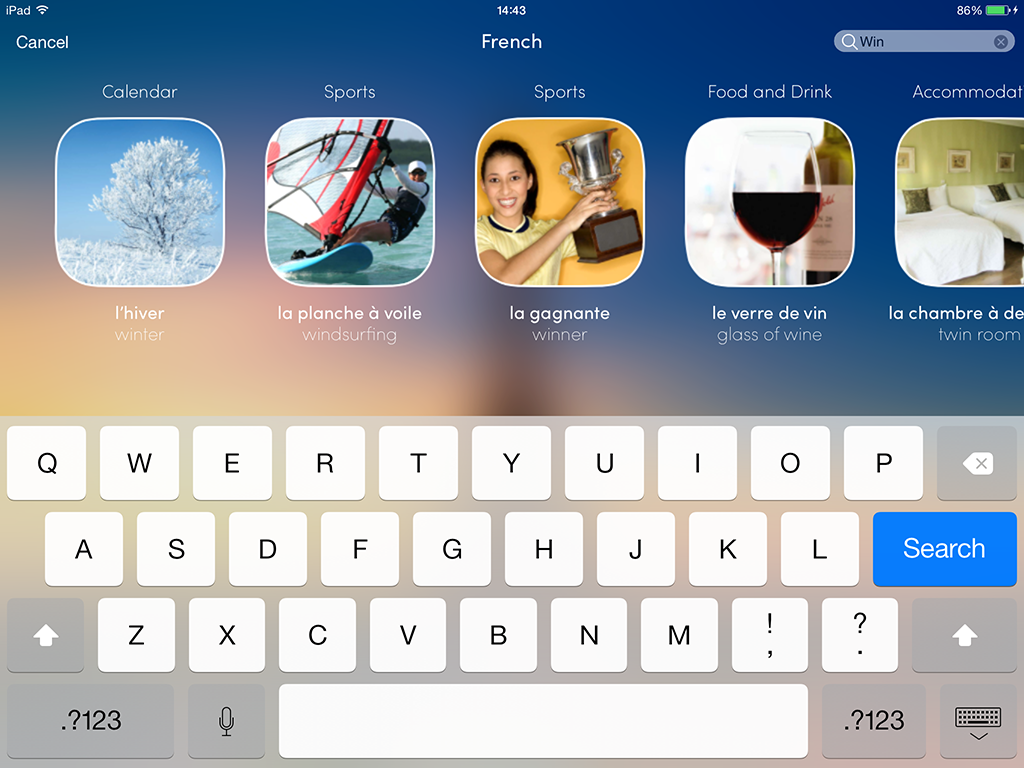Can uTalk a new language in one month?
Happy Thanksgiving to all our friends in the USA, and around the world! Before we know it, it’ll be Christmas, and then we’ll be into 2015. Time flies!
Here in the EuroTalk office, we enjoy a bit of healthy competition, and with the new year approaching, we’ve decided it’s a good time to take some of our own advice and try learning a new language, using our uTalk app. We’ll all be taking on different languages, and competing against each other to see who can learn the most in the 31 days of January. What could possibly go wrong?
The rules are simple:
1. The winner will be the first person to score maximum points on uTalk in the language of their choice, or the person with the highest score on 31st January.
2. The language chosen can’t be one we already speak.
3. Competitors must start from zero points on 1st January.
4. To join the challenge, we’ll need to have access to an iPhone or iPad with the free uTalk app installed.
Through regular check-ins, we’ll be keeping an eye on and reporting our progress both here and on our Facebook and Twitter, and we hope you’ll be there too, cheering us on.
If you fancy taking up the uTalk challenge for yourself, we’ll be very glad of the company, so drop us an email with the language you’ve chosen, and we’ll send you over a code to unlock the Essentials upgrade (worth £6.99) so you can get started completely free on January 1st.
And in the meantime why not let your friends know which language you’re planning to learn? (There are 100 to choose from, but don’t panic – you’ve got a month to think about it!)
So far, our competitors include:
Ioana, who’ll be learning French
Nat, taking on Icelandic
Steve, who fancies a go at Thai
Al, tackling Chinese (Mandarin)
Symeon, who’s torn between Greek and Turkish
… and Liz, who took a while to decide but eventually settled on German.
Wish us luck!
Win a $100 travel card with uTalk!
When we asked you in our recent survey why you were learning a language, almost half of you said it was for travel. Which makes perfect sense, of course – why learn a language unless you plan to use it?
As you know, our uTalk app is designed for people who are travelling, who want to learn a few simple words before leaving home, waiting to board your flight, or even when you arrive. Because if you know even a little of the local language, it can make all the difference to your trip – that’s something else you told us!
Because we know travel can be an expensive business, we’re offering one lucky winner a prepaid travel card worth US$100 (or equivalent in other currencies), and a free uTalk Premium in a language of your choice – check uTalk.com to see which ones are available. uTalk Premium includes 1,200 words and phrases across 35 categories in your chosen language – that should keep you busy for a while…
If you’d like to see what uTalk’s all about, check out our guided tour.
Interested?
Entering is simple – log in below and check out the ways you can take part. The more you do, the greater your chances of winning – it’s that simple! And by sharing the giveaway with friends, you can earn extra entries.
We’ve extended the competition to Friday 7th November, when we’ll verify the entries and then contact the winner, so there’s still plenty of time to enter.
Good luck!
uTalk – Learn a Language: A Guided Tour
If you follow us on Facebook or Twitter (or maybe even if you don’t) you’ll know that we recently released a new update for our app, uTalk. And we’re really, really excited about it; not only does it now work on iPads, it’s got 130 languages included and it looks gorgeous. So I thought I’d give you a quick guided tour, so you can see what all the fuss is about.
Choose your language
Once you’ve download the app, the first thing you’ll probably notice is that it’s got loads of languages. From French, Spanish and German, through to Lao, Kachchi and Cebuano, we’ve got them all (and if we don’t have the one you want, we probably soon will – let us know what you’re waiting for in the comments).
The best bit is if you’re just curious and want to hear what a language sounds like, it won’t cost you a penny, because uTalk gives you a Starter Words section in all 130 languages completely free.
Starter Words
These Starter Words include the essentials that you’ll need when you first arrive in a new country – ‘hello’, ‘please’, ‘thank you’ and ‘help’ (hopefully you won’t need that one, but it’s always a useful word to know!) among others.
There’s also a selection of games to help you remember these key words, so you’re totally prepared before you step off the plane.
Upgrades
If you’re anything like me, though, once you’ve learnt a few words you won’t want to stop. So uTalk gives you the chance to learn more, with the Essentials and Premium upgrades.
The Premium will unlock 1,200 words and phrases across 35 categories for the language you choose – and that’s when it gets really fun. The app’s got everything from food and drink and travelling, to adjectives and numbers up to ten million. You can order a beer, ask someone to dance and check you’re on the right train (again – useful).
How it works
Ok, let’s get down to business. You’re going to France for a few days, and you want to learn some French before you go. How should you use uTalk?
First, choose your topic. Then, start with the Practice; this is where you learn the vocabulary. You can listen as many times as you like, slow it down, even have a go yourself with the recording button. Each word or phrase has a corresponding picture, which will help you remember it later, and they’ve all been translated and recorded by native speakers.
Then it’s time for the games. Start with the easy game, because it’s – well, the easiest. You’ll be shown some randomly selected pictures and hear one of the words you’ve just learnt. Choose the correct picture to carry on and start scoring points.
Then work your way up through the games, which get gradually more difficult. Be warned, they’re very addictive, so you may miss your stop because you’re concentrating so hard. And you might get some funny looks when you play the recording game on the train. I speak from experience on both of these things…
World Tour
Hidden throughout the app are 48 achievements. No, I won’t tell you what they are – but every now and again you’ll see a message pop up that says ‘World Tour Destination Unlocked’, and then at the end of that game, you can go and see where you’re heading off to.
Tap on the destination and watch your plane take off. To see how many destinations you’ve collected (and how many you still have to find) touch the grid icon at the bottom of the screen.
Instant Search
Of course this is all well and good, if you have time to sit and learn the language before you leave home. But what if you don’t?
No worries – just take uTalk with you, and any time you need a word, type it into the search box. (I used this feature myself when I went to Italy a few months ago and it saved me more than once.)
So what do you think? If you’re ready to give it a try, you can download uTalk from the App Store for free right now (no camping out required!). And we love customer feedback, so please do tell us what you think of the new design and features.
Most importantly, we really hope you enjoy using the new uTalk as much as we enjoy telling people about it 🙂
Liz
Languages of the week: Scotland
This week we’re celebrating Scotland, in honour of the Braemar Gathering of the Scottish Highland Games, which took place this weekend.
 The Braemar Gathering is one of many events that make up the Highland Games from May to September each year. It’s attended by 16,000 people, including members of the Royal Family. Events include tossing the caber, putting the stone, Highland dancing and piping, and competitors must dress in Highland costumes.
The Braemar Gathering is one of many events that make up the Highland Games from May to September each year. It’s attended by 16,000 people, including members of the Royal Family. Events include tossing the caber, putting the stone, Highland dancing and piping, and competitors must dress in Highland costumes.
Scotland has three languages: Scottish Gaelic, Scots and Scottish English – all of which you can now learn with uTalk.
Scottish Gaelic
The Scottish Gaelic alphabet has 18 letters, each of which is named after a tree or shrub.
It’s spoken by 60,000 people, mainly in the Highlands and the Western Isles, but also in Glasgow, Edinburgh and Inverness.
There are also small Gaelic speaking communities in Canada, particularly in Alba Nuadh and on the Cape Breton Islands.
Scottish Gaelic was seen as a declining language, but recently there’s been a real resurgence in schools and an increased presence in the media. The BBC operates a Gaelic language radio station, Radio nan Gàidheal.
Scots
Scots is spoken in the Lowlands and Northern Isles of Scotland. It has four dialects: Insular Scots, Northern Scots, Central Scots and Southern Scots.
A Germanic language variety, Scots is influenced by Gaelic, Norse, Latin, Dutch, Norman French, Standard French and English.
The poet Robert Burns wrote in Scots; a well-known example is Auld Lang Syne, which was written in 1788 and is now traditionally sung at New Year.
So here’s your Challenge of the Week – we want to hear you singing (or reciting, if singing’s not your thing) Auld Lang Syne in the original Scots. If you’re not sure of the words, the BBC website can help. Send us your videos on Twitter to @EuroTalk with hashtag #1788Scots
Scottish English
Also known as SSE (Standard Scottish English), Scottish English dates back to the 17th century, when Scots and English combined.
Although an English speaker can understand Scottish English, the language contains a lot of different words. Some examples are: ‘poke’, which in Scottish English is a container for chips, ‘ken’, which means ‘know’, and ‘aye’, which is the Scottish way of saying ‘yes’.
A few fun facts about Scotland
The national animal of Scotland is the unicorn.
The shortest scheduled flight in the world is from Westray to Papa Westray in the Orkney Islands of Scotland. At just one and a half miles long, it only takes 1 minute 14 seconds.
Scotland’s traditional dish, haggis, consists of the heart, liver and lungs of a sheep boiled in its stomach. It’s tastier than it sounds!
The first recorded sighting of the Loch Ness Monster was in 565 AD, when a ‘water beast attacked one of St Columba’s followers in the loch’.
What’s your favourite Scotland fact?
Learning a language – why bother?
Today, we’re excited to introduce Amy, our new sales and marketing assistant. Amy’s going to be with us for the next twelve months while on her placement year from university, and she’s written today’s blog post, about why learning a language is one of the most important things you can do.
When you ask people if they can speak another language or if they would like to learn one, the response is often, ‘Why? What’s the point, everyone speaks English?’ Here at EuroTalk we want to change this perception and to show you why learning a language can be rewarding, enlightening and open up so many more opportunities.
Yes, it may be easier when visiting another country to assume they will speak English, and very often they do in the main cities and tourist areas, but what if you want to explore off the beaten track and find the soul of a country? Do you want to feel apprehensive, excluded and unable to participate, or do you want to be able to jump in with both feet, get to know local people, their customs and truly the best places to visit and eat, not just the latest Top 10! Without the ability to speak the language it is difficult to get to the heart of a country and to appreciate its people or culture in any depth, you can end up merely skimming a clichéd surface.
If you know the language, you will enjoy meeting people rather than feeling awkward and are likely to make some good friends as well, an even greater benefit if travelling alone. In life, isn’t it as much about the people you meet and the experiences you share, as where you were at the time?
Maybe you’re worried that learning a language is a bit boring? Not any more. With our app, uTalk, you learn in a fun and exciting way, no more sitting at a desk for hours at a time, dreading being asked to read out loud! No time? You can learn on your commute, whilst standing in a queue for your lunch or simply sitting on your sofa at home. Learning a language has never been easier and more accessible. No matter where your next adventure may be, make the most of it by learning the language. 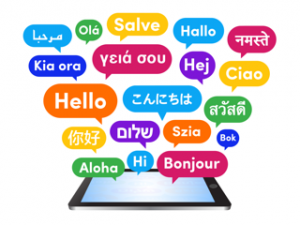 Remember, you never look back and regret the things you did do, just the things you didn’t. So what are you waiting for?
Remember, you never look back and regret the things you did do, just the things you didn’t. So what are you waiting for?
Amy
